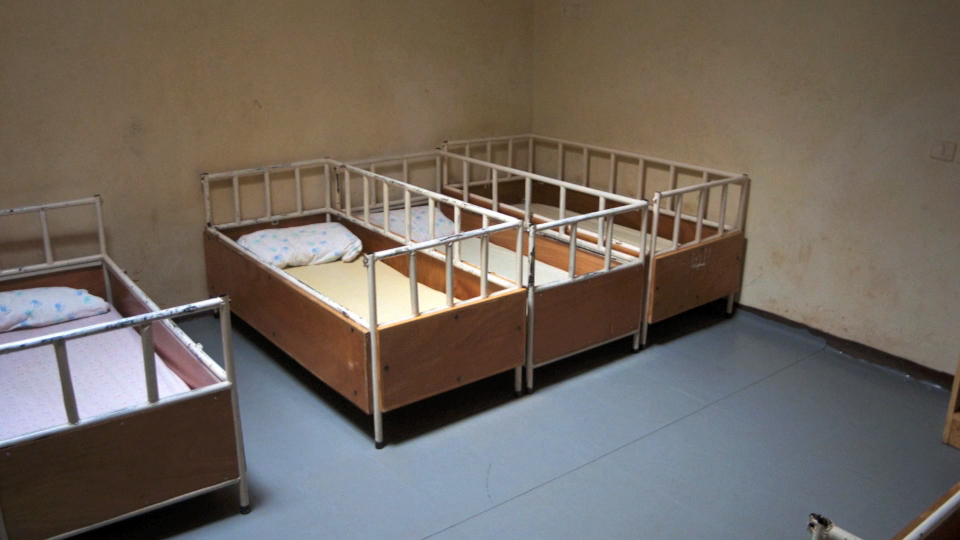
THE CHILD CATCHERS
Are Christian adoption agencies in America really "saving" the poor and abandoned children of Africa, or are they engaged in a horrific new kind of child-trafficking? In her recently published book, "The Child Catchers: Rescue, Trafficking and the New Gospel of Adoption," Pulitzer Center grantee Kathryn Joyce offers readers a meticulously researched look at how the Christian right has come to dominate the lucrative international adoption business.
After Ethiopia emerged as an adoption "hot spot," Kathryn traveled to the impoverished East African nation with support from the Pulitzer Center to investigate how one U.S.-based agency used a variety of deceptive and coercive practices to supply the market with adoptable children. These practices came to light only after "[adoptive] parents in the U.S. began to complain that when their children learned enough English to communicate, they talked about having other families," she writes in an excerpt for the Daily Beast, published by arrangement with PublicAffairs, a member of the Perseus Book Group.
"Despite the varied but largely altruistic motivations of evangelical adoption advocates, as a movement it is directing hundreds of millions of dollars into a system that already responds acutely to Western demand—demand that can't be filled, at least not ethically or under current law," Kathryn writes. "What it can mean for tens of thousands of loving but impoverished parents in the developing world is that they become the supply side of a multi-billion dollar global industry driven not just by infertility but now also by pulpit commands."
A STEADY HAND
As Pulitzer Center grantee and Des Moines Register staffer Tony Leys writes, "Haiti is known as a place where countless aid agencies provide billions of dollars in services, especially since a 2010 earthquake devastated the nation's capital and brought a flock of TV news crews to the scene." But the world moves on. Other disasters claim our attention. And the billions of dollars in humanitarian aid barely make a dent in the chronic problems of Haiti, the poorest nation in the Western Hemisphere.
At the Pulitzer Center, we are acutely aware that Haiti's problems will remain long after the media caravan moves on. That's why we said yes when Tony and Register photographer Mary Chind proposed a story about a group of Iowa medical professionals who are in Haiti for the long haul.
"Leaders of the Iowa group have worked in Haiti for years, and they've seen that most assistance fails to reach rural areas, where half of Haiti's people live," writes Tony. "They believe slow progress is possible, especially if basic medical care helps people avoid the chronic ailments that can sap their energy and steal their hope."






